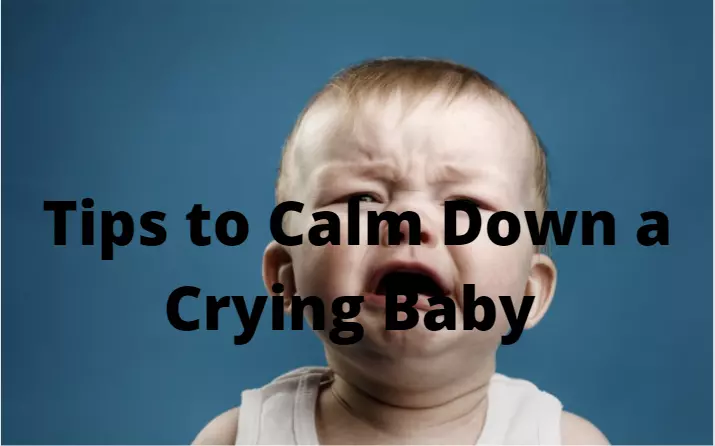
Have you ever had a feeling of fear and anxiousness together? The situation you are in makes you go crazy, and there seems no way out?
Your heart pounds, you’re breathing fast, and your head is spinning. What is actually happening? These are the symptoms that occur when you have a panic episode.
What is a Panic Attack?
According to DSM 5, a panic attack is ‘an abrupt surge of intense fear or intense discomfort that reaches a peak within minutes.”.
Suppose you’re standing in a classroom waiting for your presentation; you feel a sudden thud of your heart pounding in your chest. Your hands feel sweaty,
and you feel like throwing up or hiding somewhere away from all those people. Your first reaction might be like you have a heart attack, and your heart will just explode.
That’s no stroke, no heart disease; you have a panic attack.
But the question arises, how can you know if it’s a panic attack or stroke?
What Happens in a Panic Attack?
When you have a panic attack, you feel like a stabbing pain in your chest, and it stays there for a long time. You’ll get sweaty, shaky, and tremble with fear.
The episode lasts for 20-30 minutes or an hour. In contrast, a heart attack lasts longer and worsens with every passing minute. The pain transfers from the chest to neck, jaw, or arm.
It is recommended to seek a medical examiner to rule out any possibilities in both cases.
What Are The Symptoms of Panic Attacks?

We have talked about the difference between panic and heart attack. Now, let’s get to know more about the symptoms of a panic attack.
- Shortness of breath
- Heart palpitations
- Sweating
- Body starts trembling
- Nausea
- Head spinning
- Light-heartedness
- It feels like you’re choking
- Hold and cold flashes
- An intense feeling of pain in your chest and stomach
- Fear of losing control Or dying
Do I have Panic Disorder?
We might have 2,3 episodes of panic attacks at some point in our lives. But that doesn’t mean we have panic disorder.
When we are constantly worrying about another panic attack, and when the attacks are frequently coming, the medical practitioner will diagnose you with panic disorder.
What Are The Causes of a Panic Attack?
There might be environmental or genetic factors behind a panic attack.
Environmental Causes of Pani Attack:
- A change in one’s life, like transitioning from one phase to another.
- Before a big event like getting married, having a baby, or divorce.
- Difficult, stressful situations like the death of a loved one, etc.
Genetic Causes of Panic Attack:
- Family History plays an integral role in experiencing panic attacks.
Medical Issues Causing Panic Attack:
- Low blood sugar
- Limitless intake of caffeine
- Overactive thyroid gland
Ways To Stop a Panic Attack

We know it is very scary to go through a panic attack, and you feel like life is slipping off your hands. It becomes hard to breathe, and you feel like escaping reality, but there seems no way out.
We have listed down a few coping strategies for a panic attack.
Treatment:
Cognitive behavioural therapy and other therapies can help a person with panic attacks. The therapist helps the patient manage his response by exposing him to frightening situations.
With the help of CBT, he will help you deal with your fears in a more practical way.
Medications:
Benzodiazepines and antidepressants are given by your doctor to control panic attacks. Remember, pills are always taken with caution with your doctor’s prescription.
Deep breathing:
Taking deep breaths while having a panic attack does calm you down. There’s a feeling of tightness in your chest; deep breathing helps you relieve it. When you know how to control your breathing, you’ll be able to manage your response during a panic attack.
Relaxation techniques:
These include meditation, yoga, and muscle relaxation techniques. They help the patient feel relaxed while they’re in panic-triggering situations.
Exercise:
Exercising can become effective in dealing with panic attacks. Make it an integral part of your life to walk or do any physical activity for just 30 minutes.
Sleep:
Getting enough peaceful sleep makes you feel relaxed. Poor sleep will make you feel more anxious and prone to panic attacks.
When Shall I Call My Doctor?
When your panic attacks keep coming in frequently and affect your day-to-day activities, and you develop a fear of public places,
it’s time to call the doctor and follow his treatment to feel at peace and more relaxed.



